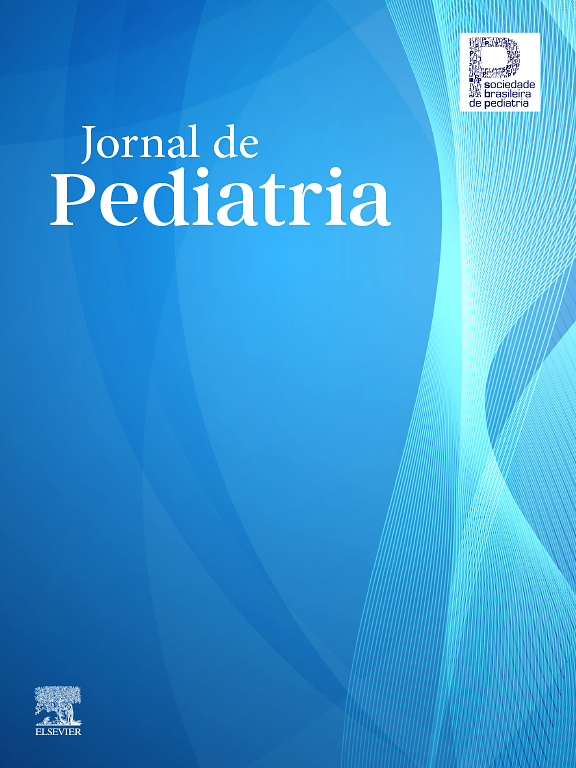The main characteristic of pediatrics is that it treats individuals who are undergoing constant growth and development. From birth to adulthood, growth and development are constant.
The pediatrician's mission is to monitor the child's growth and development, aiming to early detect their deviations and correcting the problems that can affect them.
Although growth and development occur simultaneously, in this supplement, for educational purposes, we have decided to address some aspects directly related to growth without focusing on its effects on the child's development. It is known that both phenomena are closely related, but we have chosen to do it to make the focus a more specific one.
Preterm birth and intrauterine malnutrition are situations that deserve special attention, due to their effects on postnatal growth and the eventual possibility of developing metabolic syndrome in the medium- and long-term.1,2 Breastfeeding is an alternative for the protection of newborns and infants, but it is important that the pediatrician be aware of the fact that the growth of these children differs from that of formula-fed ones.3 Sleep alterations, postnatal infections, changes in the environment, allergic manifestations, immune dysfunctions, and physical exercise can have a negative or positive impact on the child's linear growth.4-6 The pediatrician's job is to identify these situations and manage them to promote adequate patient growth.
This supplement aims to provide our readers with support, so they can identify critical situations that have an impact on child growth.
Conflicts of interestThe author declares no conflicts of interest.
Please cite this article as: Procianoy RS. Events that have an impact on growth. J Pediatr (Rio J). 2019;95:S1.









